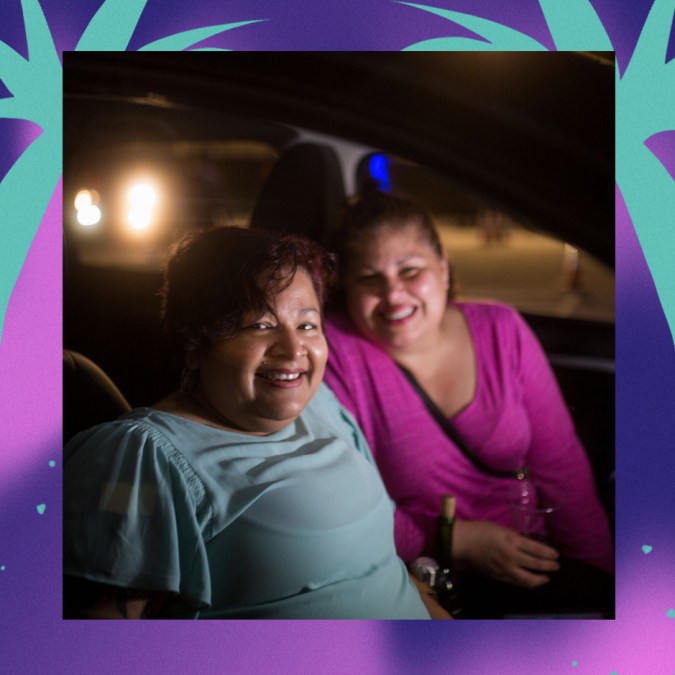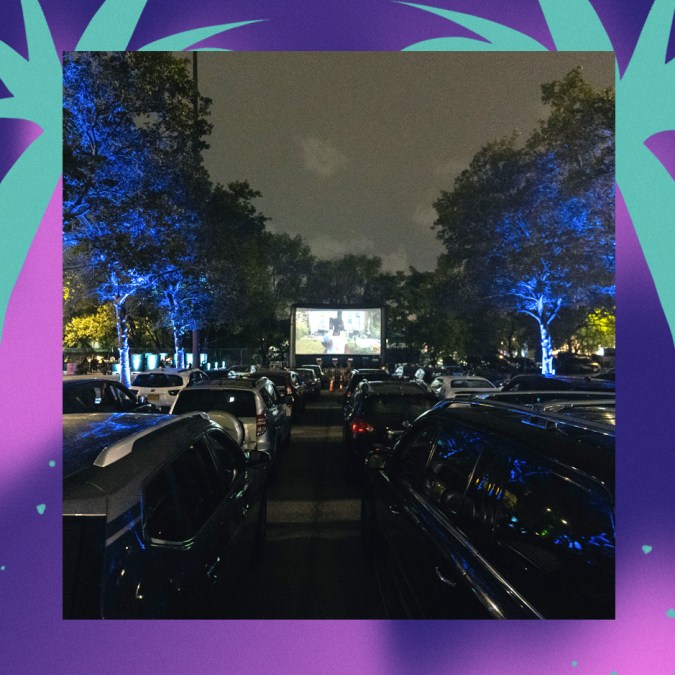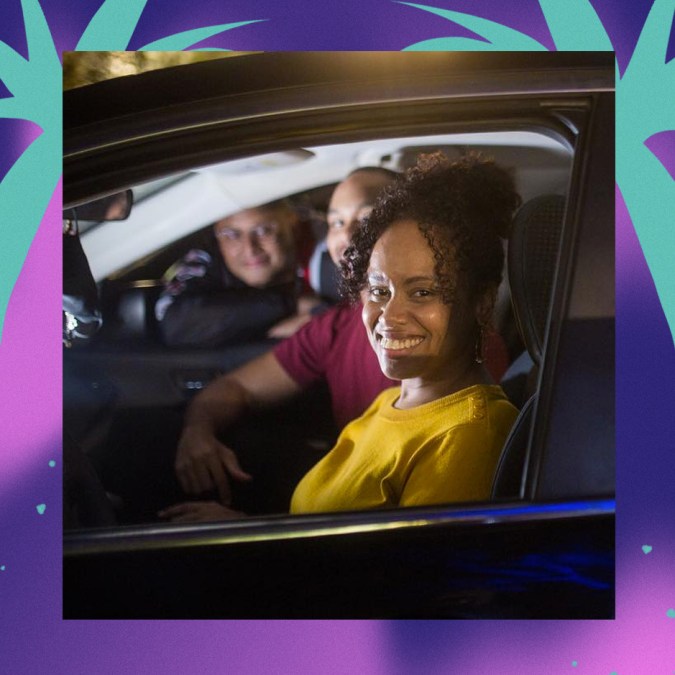The coronavirus pandemic has caused a major shift in the way people consume art and entertainment. U.S. Latino film festivals, like many others, were forced to cancel events or move in-person screenings onto virtual platforms. With most of this year’s Latino film festivals wrapped up, officials at the New York Latino Film Festival (NYLFF) and Los Angeles Latino International Film Festival (LALIFF) have started to reflect on how they were able to overhaul their fests and what lessons they learned as they move into a still uncertain 2021.
For Executive Director of LALIFF Rafael Agustín, the pandemic drove him and his team to transform their event into a fully virtual one.
“There were a lot of lessons learned,” Agustín tells Remezcla. “I’m very proud because we were able to sell out almost every single screening. Let it be known that Latinos went first. Every major film festival froze and we said, ‘We need to do this for us.’”

NYLFF took a different yet similar approach. As COVID-19 cases increased in New York and turned the city into a virus hotspot, NYLFF Founder and Executive Director Calixto Chinchilla wondered what was to become of the festival he had created in 1999 and revived in 2017. NYLFF had taken place in August since then, so Chinchilla and his team were once again deep into planning an in-person event for the summer.
There were a lot of lessons learned.
“Like everyone else, we were just wondering what was happening,” Chinchilla tells Remezcla. “At first, we were like, ‘Let’s wait and see,’ but then we realized we were going to have to pivot and take a different approach. It made us become more creative.”
It would have been very easy to scrub the 2020 event off the schedule and blame it on the worst health crisis the country has seen in a century but Chinchilla refused to quit.
“I knew I had to try to pull it off,” he says. “I wanted to invest [in] these Latino and Black communities like the Bronx and Queens because they were the hardest hit. So, we had to come up with a plan and develop a playbook.”
The 2020 NYLFF playbook came with some good moves. Along with streaming films live on its digital platform each day for a full week, NYLFF held digital conferences and virtual panels. It also introduced a drive-in theater experience to screen movies in a safe, outdoor environment for festival participants who wanted to get away from their computers for a couple of hours.

“Two weeks before the event, we were still wondering if it was really going to happen,” Chinchilla tells us. “We had to learn all these rules and come up with blueprints. It was like we were building a show. Once you’re in that ambitious mode, you either take flight or you don’t.”
We had to come up with a plan and develop a playbook.
At the end of the journey, Chinchilla calls the NYFF this year a success. As he looks forward to 2021, he hopes things will finally get back to normal. That, however, won’t mean abandoning some of the successful elements they adopted for the festival this year.
“We don’t know what the festival will look like next year, but we want to continue doing what is going to excite people,” he says.”We want to turn it up a notch and build off of the success of this one.”

The LALIFF was a success, too. The festival’s virtual edition in May, LALIFF Connect, included free online screenings of feature and short films, live music and masterclasses.
“It was a tough and scary time,” Agustín says. “I took the reins and said, ‘We’re doing this’ and pitched it to the board of directors. We wanted to do this for our community.”
During the festival, LALIFF was able to sell out most of its virtual screenings. Smithsonian Magazine called it one of the eight virtual film festivals worth attending during the pandemic. While Agustín hopes 2021 brings with it some semblance of normalcy, he thinks film festivals like LALIFF will be more open to implementing some of the practices they did this year. This includes geotargeting where film festivals can set parameters on screenings.
Every major film festival froze and we said, ‘We need to do this for us.’
“We put forth a few things that I think are going to be the future of online film festivals,” Agustín said. “For example, we could guarantee only people in certain areas could see certain films and limit the number of viewers.”
It was important to Agustín that LALIFF took place in 2020 despite the pandemic. He didn’t want these Latino films to be forgotten since many of them don’t get the opportunity to screen at other film festivals.
“Artists, storytellers and filmmakers in our community need LALIFF,” Agustín asserts. “My belief moving forward is that the film festival will be a hybrid model. I hope next year we can all be celebrating together.”




